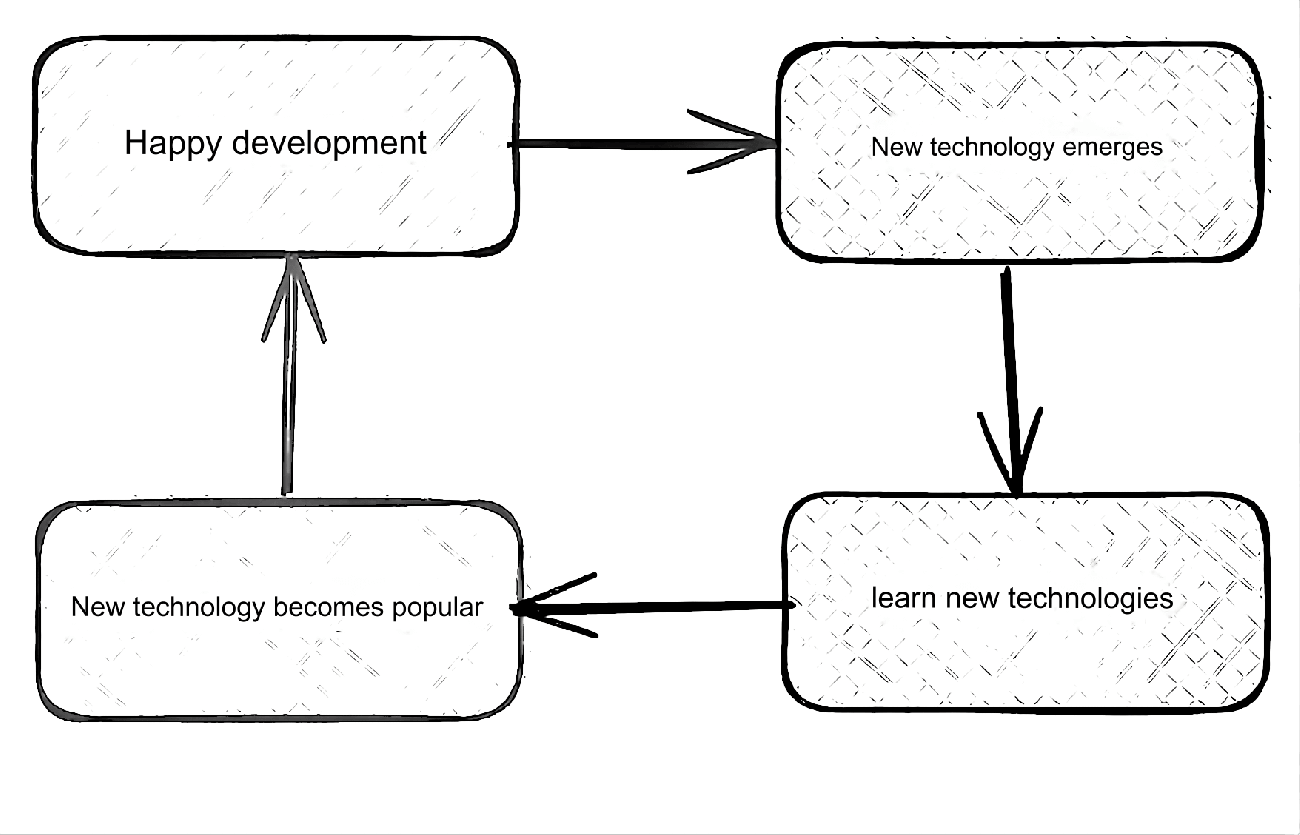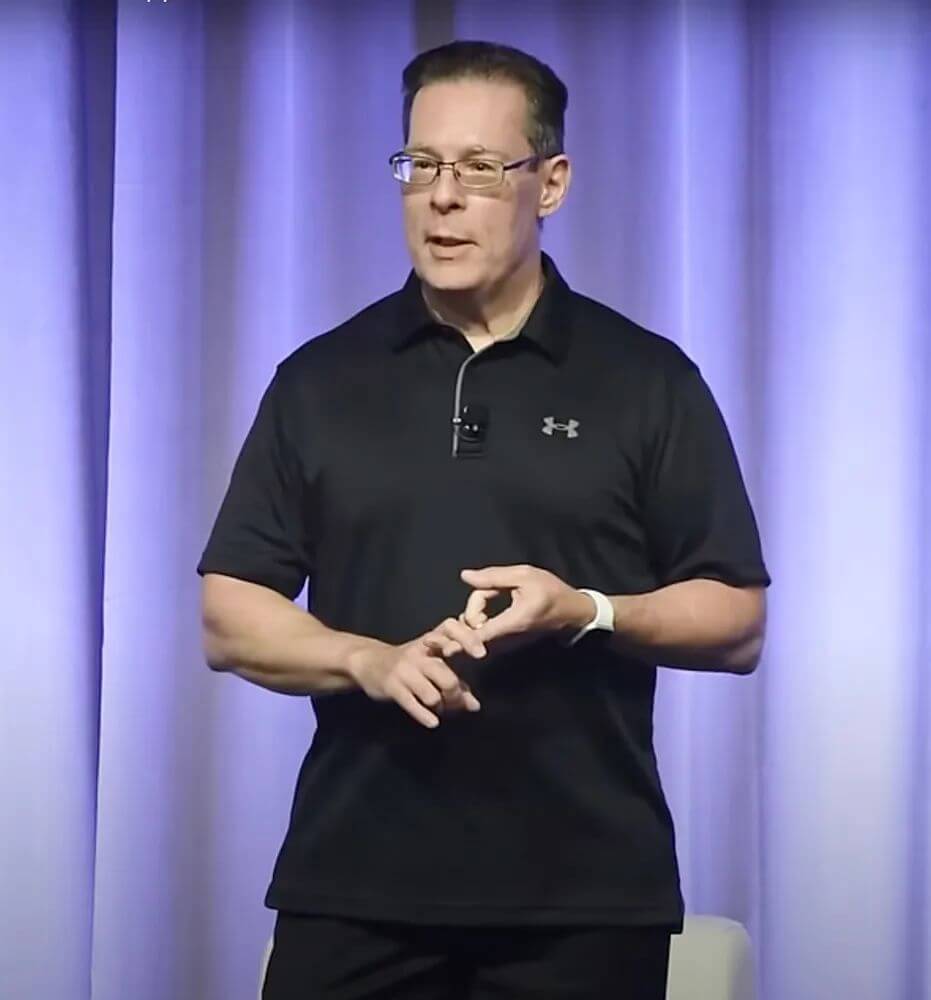Marshall Goldsmith, recognized as the world’s top leadership thinker by Thinkers50, has coached Fortune 500 CEOs and senior executives. His secret? A simple yet profound daily practice of asking yourself a few questions. This habit can guide your career and life decisions, reduce stress, and ignite a renewed sense of purpose. Learn how this transformative technique can lead you to greater success and personal growth, just as it has for countless leaders worldwide.
Marshall Goldsmith, one of the world’s most influential leadership thinkers, as ranked by Thinkers50, has mentored top executives from major companies like Ford and Pfizer. What’s the secret of this masterful "life coach for entrepreneurs"? The answer is surprisingly simple—asking yourself a few questions every day.
Goldsmith’s philosophy suggests that this seemingly small habit can lead to better career and life decisions, help relieve stress, and restore motivation. It's also the key to why Goldsmith has stayed aligned with his goals throughout his life.
Maya Hu-Chan, a columnist for Inc. and author of Global Leadership: The Next Generation, shares her experience practicing Goldsmith's daily self-questioning method, which helped her overcome stress and regain inner peace.

The Success Formula: Turning Negative Behaviors into Positive Outcomes
Why can something as small as asking yourself questions bring such big results? According to Thinkers50, Goldsmith’s strength lies in helping leaders recognize how certain beliefs and environments may lead to negative behavior. Once they are corrected and leaders start acting positively, life can take a remarkable turn.
Aicha Evans, CEO of Zoox, a self-driving car subsidiary of Amazon, notes that Goldsmith’s teachings on self-awareness have a ripple effect. When leaders change their behavior, the entire team follows, and success becomes much easier to achieve.
Don’t Just Check the Box—Feel the Excitement of Your Goals
Talking to yourself every day is just the first step. To change your fate, you need to act. Goldsmith emphasizes on his blog that it’s not enough to simply tick off a to-do list.
He believes that to-do lists often trap people in a blind spot, neglecting whether the goals are truly important to them or how they are achieving those tasks. According to Goldsmith, “People are excellent planners but poor executors.” Sometimes, the issue lies in setting overly ambitious goals or choosing objectives that don't resonate with one's true desires, leading to a lack of motivation.
Goldsmith surveyed thousands of people who had adopted his self-questioning method. They reported that this practice made them more thoughtful about their actions and smarter in managing their time. The magic begins with a simple question: "Did I do my best today?" Goldsmith highlights that it’s not just about the results but the effort put in during the process.
The Four Key Steps to Mastering Self-Questioning
To grasp the essence of this leadership master, here are four steps for effective self-questioning:
Ask the Right Questions: Start by selecting questions that align with your values and goals. Goldsmith, for example, asks himself, “Did I do my best to sit down and write today?” These questions can also extend beyond work, such as “Did I do my best to walk for 30 minutes?” or “Did I try to say something kind to my partner?” Tailor the number and content of your questions to your needs.
Track Your Progress with Data: To maximize the benefits of self-questioning, rate your responses on a scale of 1 to 10 and record them. Reviewing this data can reveal patterns, helping you make better decisions in the future. Over time, you’ll build a personal “dashboard” that highlights what truly matters in your life.
Avoid Harsh Self-Criticism: When answering your questions, remember that the goal isn't perfection. Hu-Chan shares that one of her questions was, "Did I try my best to cook a new dish today?" Celebrate small victories and avoid guilt over low scores, as long as progress is consistent.
Find a Partner to Share With: To boost effectiveness, consider sharing your self-questioning practice with a partner. Goldsmith himself calls a friend every day to share his answers, much like people who hire a coach for accountability when pursuing fitness goals.
By implementing these daily self-questions, you’ll develop a sharper focus on your goals, build greater self-awareness, and ultimately achieve success—both in leadership and in life.







